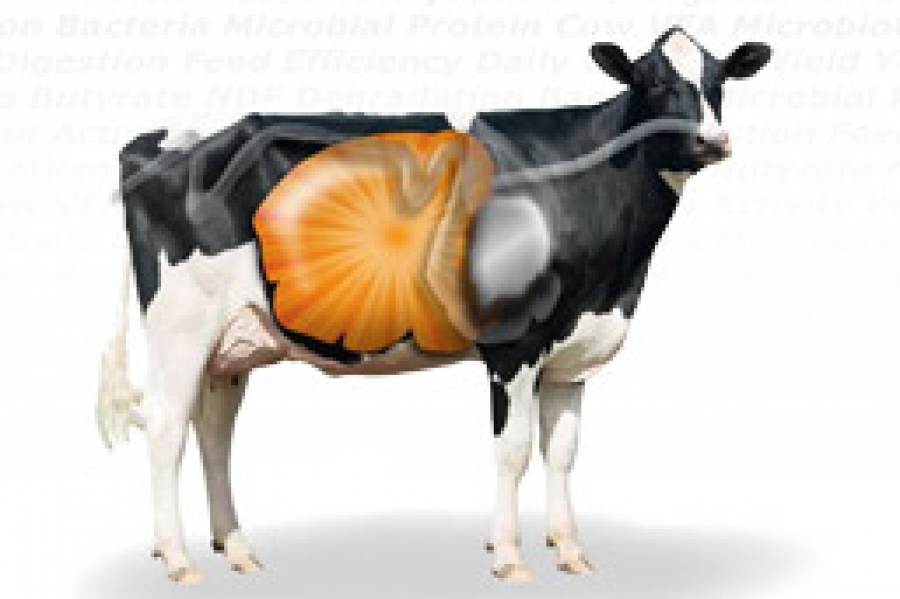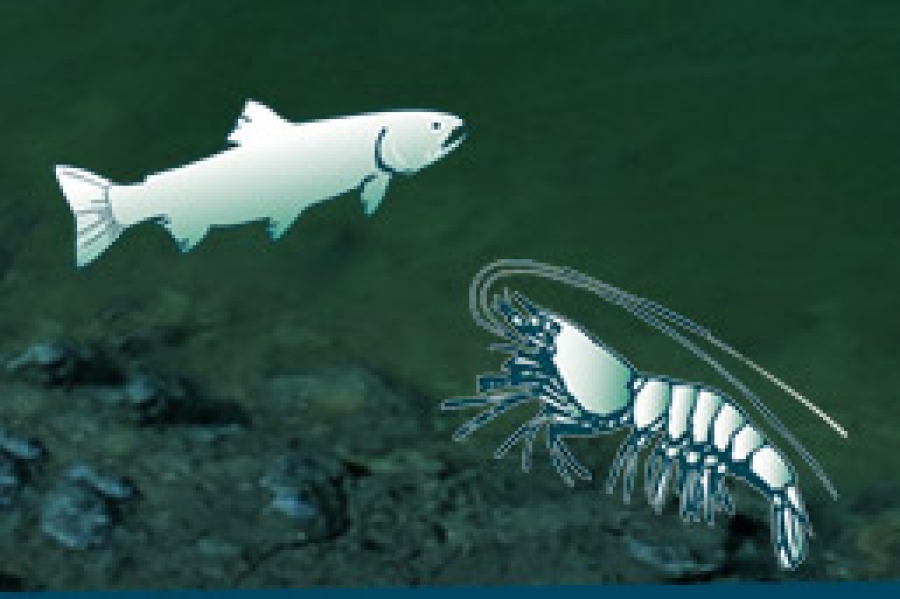survival and health condition of white shrimp (Penaeus vannamei) reared under laboratory condition.
Groups of twenty juvenile white shrimp (1-1.5 g) were stocked in 200 liter glass aquarium and fed to satiation 5 times daily during a 6 week period. Four isonitrogenous and isocaloric test diets were prepared. A single probiotic-phycophytic mixture and a multi-strain probiotic mixture containing Enterococcus faecium were added to a basal test diet at an inclusion rate of 0.5 %, while a mixture of herbal extracts was tested at an inclusion rate of 0.0125%. A basal diet with no probiotic, phycophytic or herbal substances was used has control diet. Six replicates for treatment were used. Growth performance and immune parameters (total hemocyte count, granulocyte count, phenoloxidase activity) were recorded after the six week period. Detection of probiotic bacteria in diet and shrimp gut (hepatopancreas and intestine) was determined by culture method and fluorescence in situ hybridization (FISH) technique.
The results indicated that Enterococcus faecium can survive in the feed after feed preparation, under cool dry condition and colonize the shrimp digestive system (hepatopancreas and intestine). The total number of vibrio found in the digestive tract of shrimp fed probiotic-phycophytic and multi-strain probiotic mixtures was lower than control group. This evidence showed that probiotic Enterococcus can distribute through the shrimp gut and induce a positive impact on bacterial ecology of the gut by reducing the number of vibrio through competitive exclusion. The shrimp fed the probiotic-phycophytic supplemented diet showed better growth performance and FCR when compared to those fed the control, herbs extract and multi-strain probiotic mixture. Hemocyte count was significantly higher in shrimp fed diet with the probiotic-phycophytic substances when compared to other groups. Phenoloxidase activity and granular hemocyte was also higher in the probiotic-phycophytic diet, although not significant different. This seems to suggest that the algae and cell wall fragment present in the probiotic-phycophytic mixture elicit the immune response and contribute to the increase health performance of the shrimp. The results also seem to suggest that a multifunctional approach combining different beneficial substances is a more advanced solution to improve gut performance and health status in shrimp.
کد مقاله : BIA-008
پس یادداشت کد مقاله بر روی دکمه زیر کلیک نمایید








